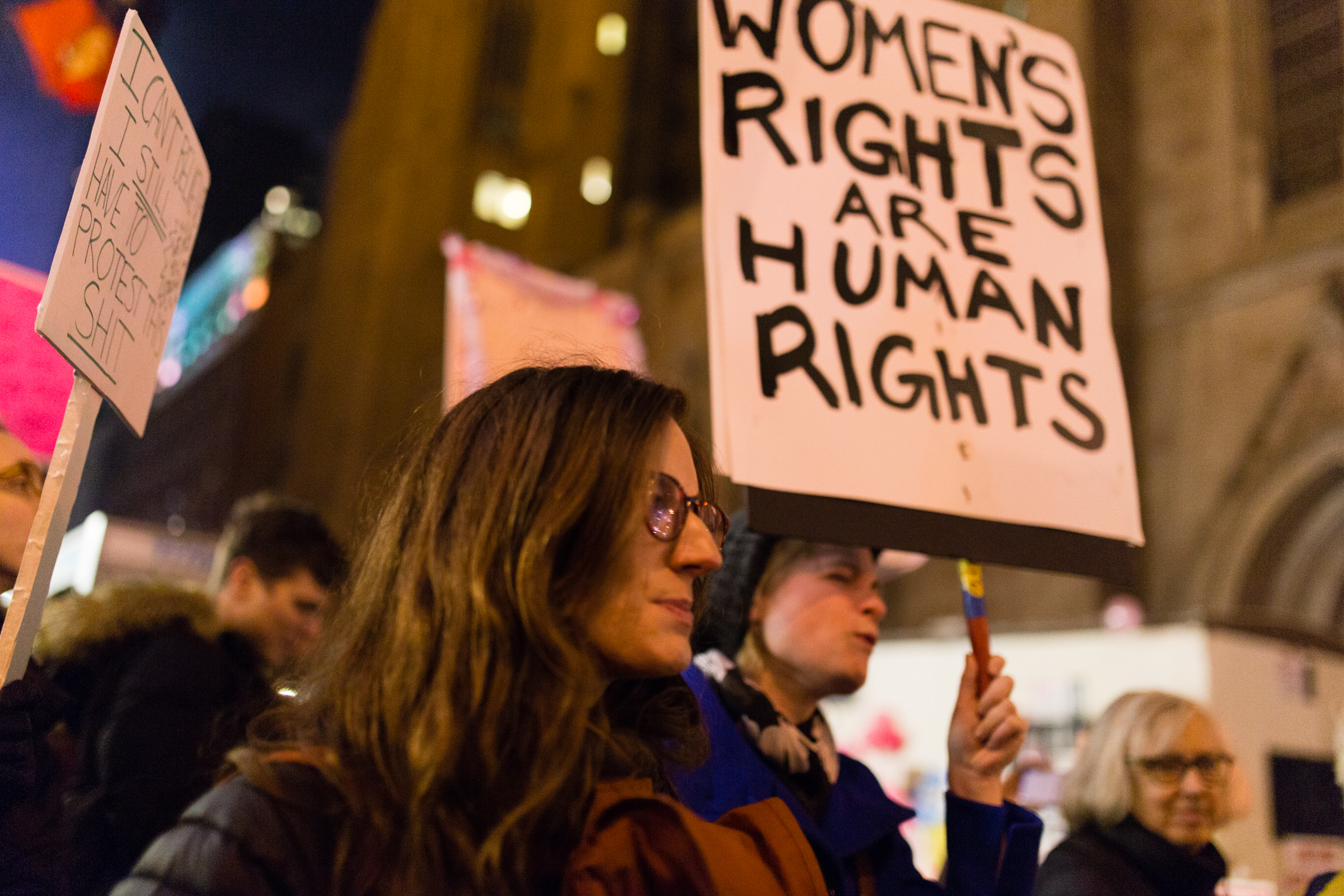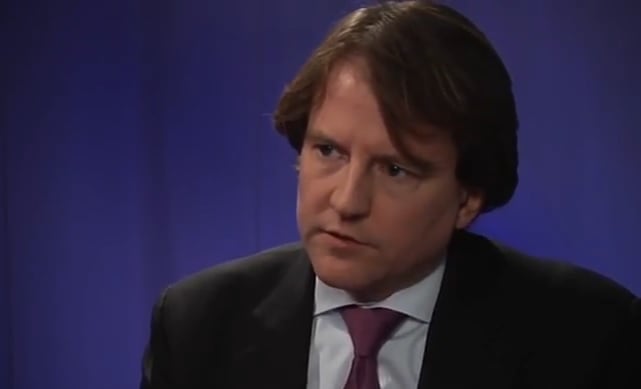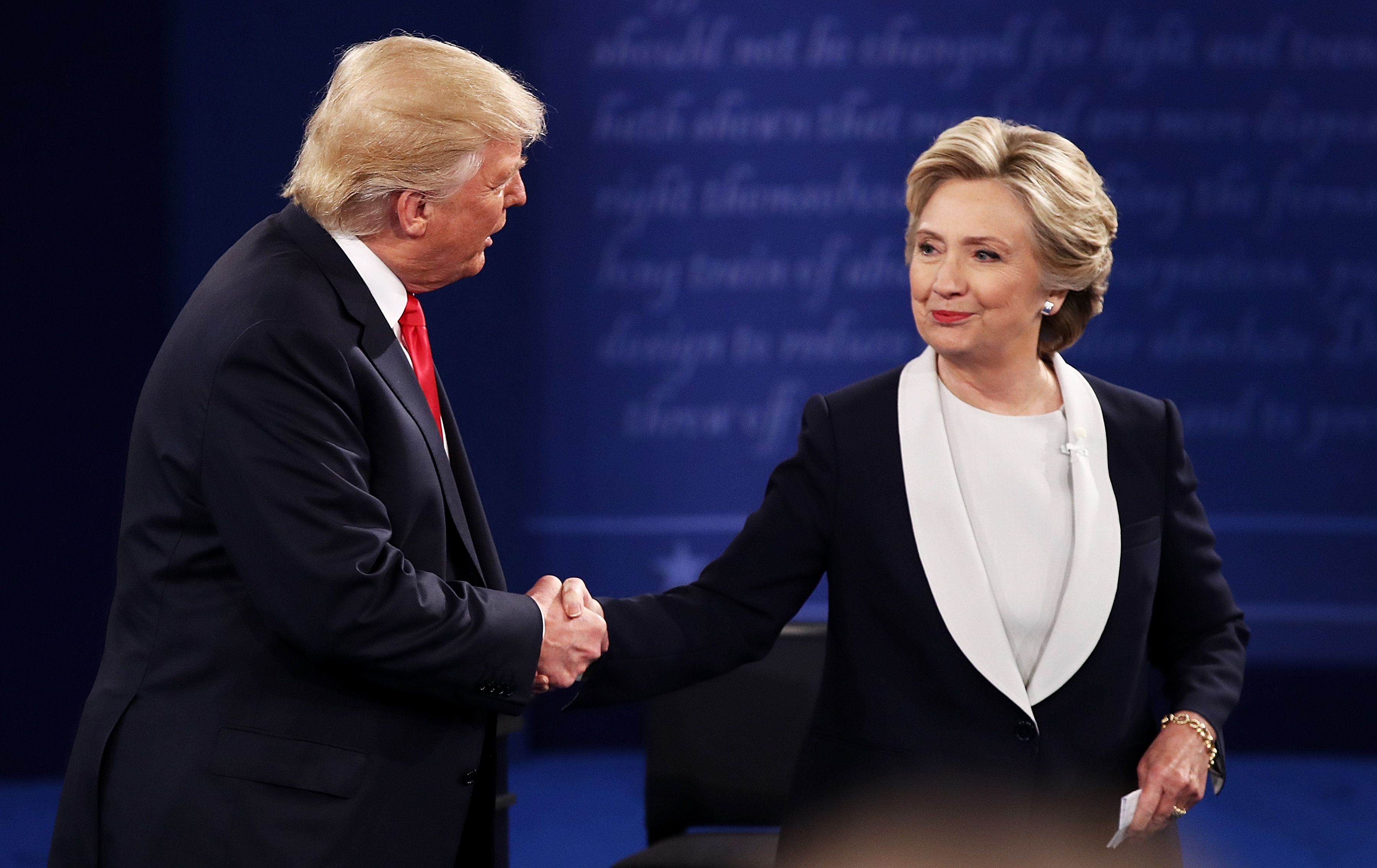
Morning Docket: 10.04.17
* Two-time presidential candidate and former secretary of state Hillary Clinton will travel to Wales next weekend to receive an honorary doctorate degree from Swansea University, but that's not the only honor she'll receive while there. Swansea's law school is being renamed, and will soon be known as the Hillary Rodham Clinton School of Law. Congratulations! [Wales Online] * Special counsel Robert Mueller has added an appellate lawyer from the Justice Department's criminal division to his team. Per a spokesperson, Scott Meisler, who had not been previously identified as being involved, joined the effort in mid-June. Meisler is a 2005 graduate of the Georgetown University Law Center. [Reuters] * Winston & Strawn may have more than 900 lawyers, but according to the firm's managing partner, that's still not good enough. You can soon expect the firm's corporate transactions practice in New York to expand, its D.C. office to grow in size, and its West Coast presence to double or triple. [Big Law Business] * According to Altman Weil’s MergerLine, law firm mergers are now on pace to break a 2015 record. Thus far in 2017, 76 tie-ups have been announced, which may lead the industry to surpass its previous high of 91 mergers. The number of law firm combinations could even exceed 100 this year. Exciting times... [Am Law Daily] * Retired U.S. District Judge Royal Furgeson Jr. will be retiring as founding dean of the University of North Texas Dallas College of Law as of June 30, 2018. Why is Furgeson planning to retire with only five years as dean under his belt? He's almost 76, and "plan[s] to do a lot of things when [he's] 80 -- but not this job." [Law.com]














